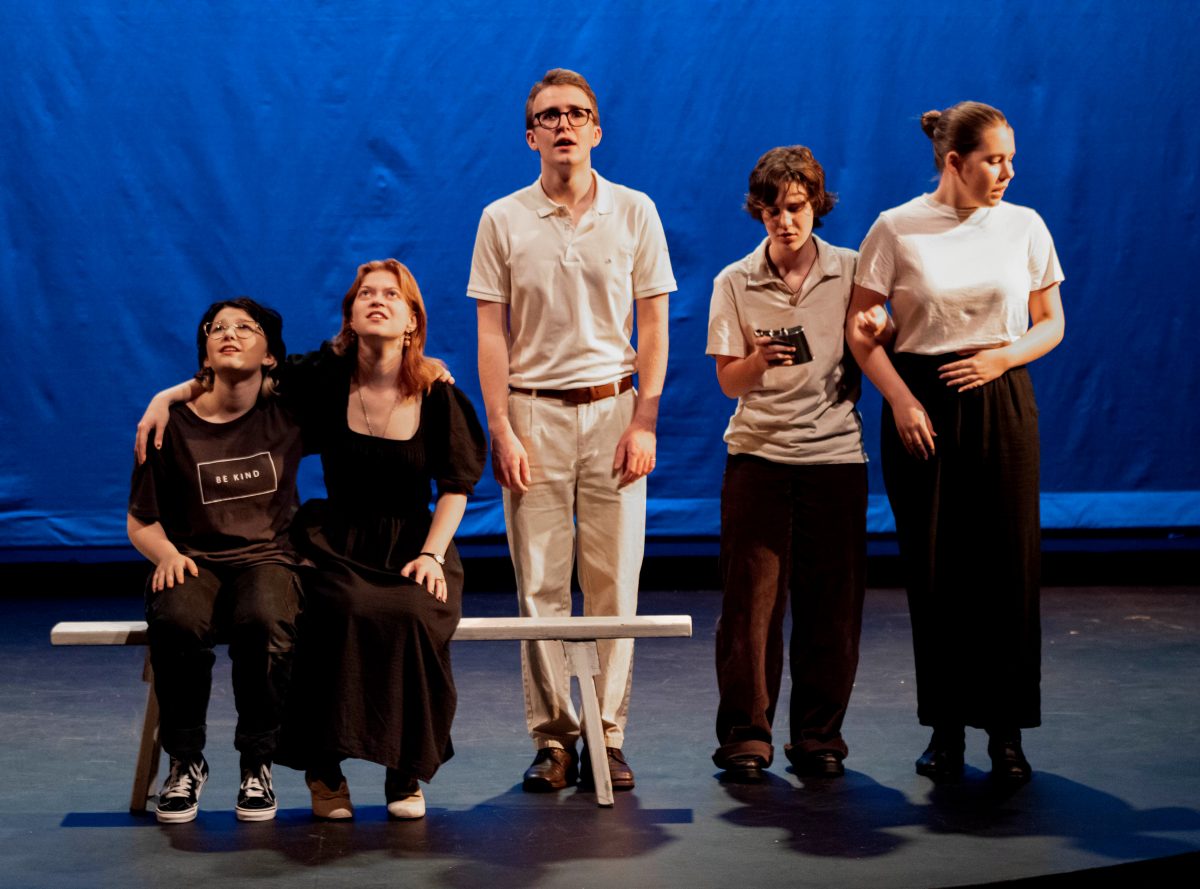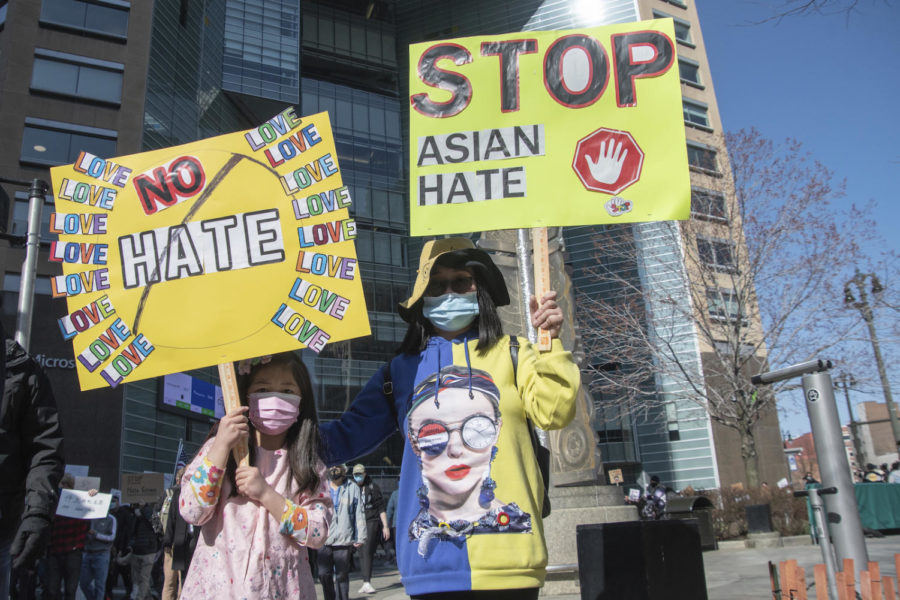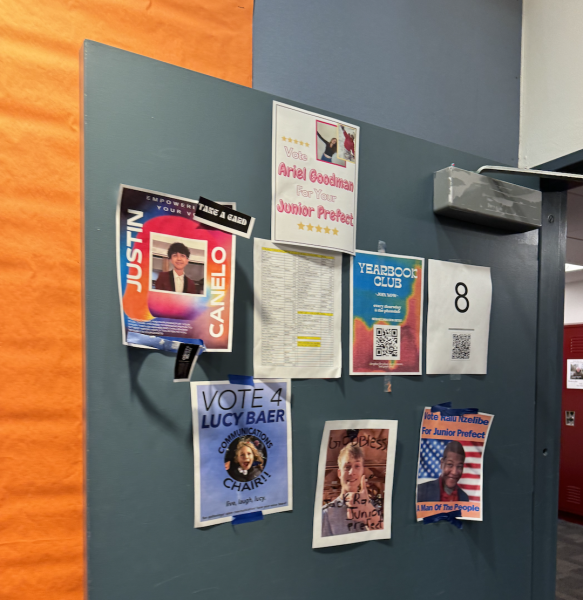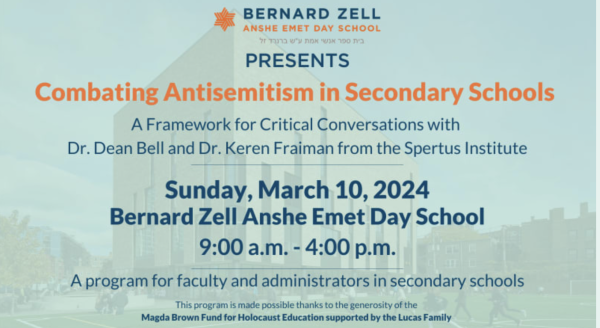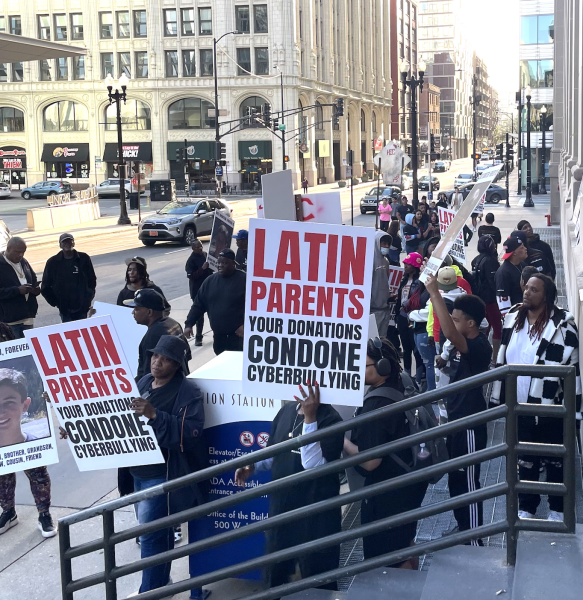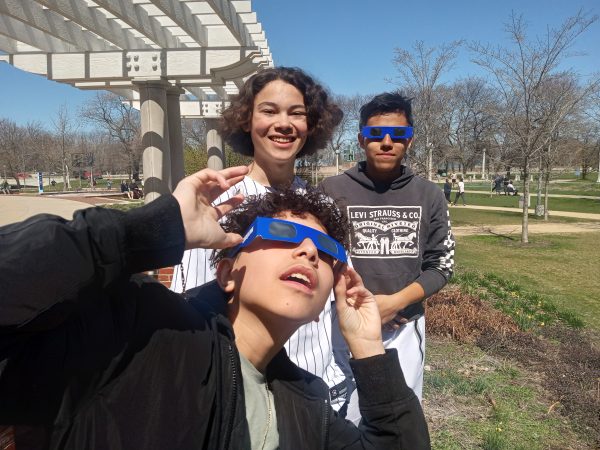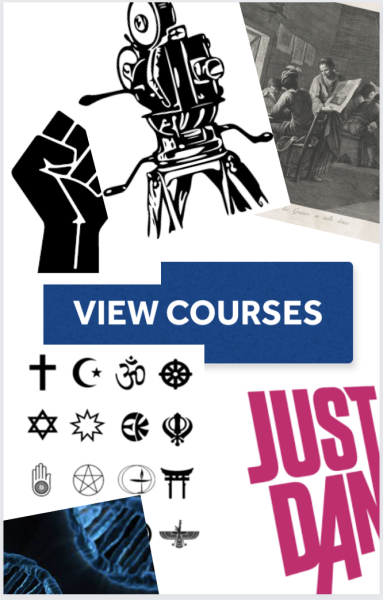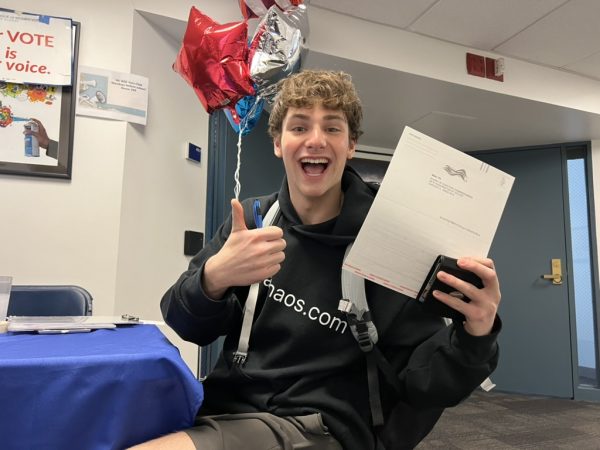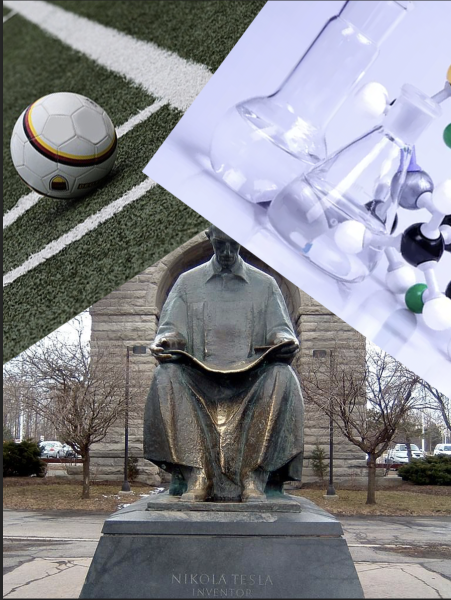Atlanta Spa Shooting Shocks Latin Community, High School Students at Large
Adam J. Dewey via AP (Creative Commons)
Activists met at Spirit Plaza in the city of Detroit to hold a Stop Asian Hate rally and march on March 27, 2021, standing in solidarity with cities across the nation fighting against white supremacy and racism.
On March 16, Robert Aaron Long murdered eight people at three different spas in a series of shootings in Atlanta, Georgia. Of the eight victims (Xiaojie Tan, Hyun Jung Grant, Daoyou Feng, Delaina Ashley Yaun Gonzalez, Paul Andre Michels, Soon Chung Park, Suncha Kim, Yong Ae Yue), six were Asian women. The gunman maintains that the shooting was not motivated by racism, and he has not been charged with a hate crime despite an eyewitness statement claiming that Long said he was “going to kill all Asians” while inside the Gold Spa.
Before spring break, some English teachers at Latin took it upon themselves to encourage class discussions about the shooting and its impact, hoping to help their students process the events. Junior Ella Reese-Clauson thought her discussion in Ann McGlinn’s English class was very productive. She said, “One interesting thing we talked about was the juxtaposition between the way the media and law enforcement portray the perpetrators of hate crimes.” They discussed how the media often attempts to justify the actions of the criminal while portraying the victims of color as morally ambiguous, or dangerous.
Latin senior Koren Jurado said, “One thing that stood out to me from our class discussion was people’s willingness to stay and talk about difficult topics; [English teacher Brandon] Woods had the discussion as optional, but almost everyone stayed.” The discussion took place during the last block on Friday before spring break. “I appreciate how our class recognized the role of intersectionality in the shooting, as it is clear the perpetrator was intent on killing Asian women,” Koren said. “We recognized that the shooting was not a random occurrence, but rather the culmination of years of dangerous rhetoric from politicians and media.”
Asian students attending the Atlanta International School (AIS), down the street from one of the spas that Long targeted, tried to process the tragedy in their Asian American and Pacific Islander (AAPI) affinity group. Senior Annah Malik, a co-leader of the affinity group, said, “We just wanted to create an open space where the Asian students could be honest and discuss their thoughts about the incident and the anti-Asian hate that led up to it.” Annah continued, “I think that knowing there are other people who feel similar emotions to you and who have experienced a similar experience in relation to their identity is a comforting thing, which helps people to process and understand.”
Atlanta International senior George Song, also a co-leader of the AAPI affinity, explained that during the meeting, the group expressed their sadness and frustration at the way society has ignored discrimination against AAPI people. “They’re only now receiving any media attention,” he said. “This tragedy was the compounded result of so many issues that the Asian community faces every day in America, like xenophobia, the normalization of racism, and the fetishization of Asian women.” George was not surprised by the shooting because he had been keeping up with crimes against Asian people through organizations like NextShark that specifically cover Asian American news. “I’ve seen how these events have occurred throughout the past year, so although I was shocked by it happening so close in my community, I wasn’t surprised that it happened.”
Malik echoed his statement, saying, “Law enforcement’s reaction to the shooting was incredibly harmful and was so horrible to hear, because I watched the video of the police chief downplaying the shooting, refusing to call it a hate crime, and protecting the shooter and justifying the murders. The shooting was a hate crime and it needs to be addressed that way.”
In addition to America’s history of discriminating against Asian Americans, the model minority myth perpetuates narratives about the community that makes up roughly 5.6% of the U.S. population. Junior Ben Martinez, a member of the Asian Student Alliance (ASA), said, “A lot of our discussion in ASA has revolved around the idea that since there are so few Asian Americans in this country, it’s kind of hard to see yourself in anything but those foreign media such as anime, J-pop, and K-pop.” Historically viewed as an “ideal” minority, Asian Americans are seen as an obedient, high-achieving population. The model minority myth portrays Asia as a monolith, classifying all Asian cultures as one. “Try not to link every Asian person to Asian culture. The continent has billions of people, but the cultures are vastly different,” noted Ben.
As a result of the series of mass shootings in Atlanta, a noteworthy intersection of race and gender enters as a topic for reflection and discussion. According to Capt. Jay Baker of the Cherokee County Sheriff’s Office, Robert Aaron Long’s actions were “not racially motivated.” While referencing Long’s “sex addiction,” Baker explained how Long viewed the targeted spas as “temptations” that he “wanted to eliminate.” This event carried, according to Ben, “racist overtones”: Asian women have been hypersexualized and objectified to such an extent that victims are seen as temptations rather than human beings.
Henry Jiang, a student at AIS, said, “I was actually shocked that the news media didn’t say it was because of race, although it’s so obvious.”
Film and pop culture such as anime and K-pop contribute to the submissive, exotic, mild-mannered image associated with Asian women. Annah Malik said, “All of the stereotypes associated with Asian women—submissive, exotic, being in sex work—are dehumanizing and, as we can see in this shooting, it culminated in violence against and the killing of Asian women.”
In a recent all-school email, the heads of Latin’s Intersectional Feminist Alliance (seniors Charlotte O’Toole, Betsy Levine, Freddi Mitchell, and Ivy Schenk) said, “This horrific act has also highlighted what we know to be true, and what we cannot continue to ignore: women of color face the compounding consequences of race and gender-based violence.” They added, “This needs to change, and we must listen to, and stand with the Asian American and Pacific Islander (AAPI) community as we fight against Asian hate in America.”
At Latin, to foster a safe and welcoming community, Koren said that more teachers should have reserved class time for acknowledging and reflecting on anti-Asian hate and xenophobia at large. He said, “There’s only so much to discuss within a 40-minute discussion, so if the discussion was longer, I would have liked to ask how we, as students of the Latin School of Chicago, could work to stop the nationwide issue of Asian hate.”
For more information on the surge in Asian hate crimes and the model minority myth, please read Armaan Shah’s article from March 1, “Asian American Hate Crimes: How a Myth Makes People Look Away.”
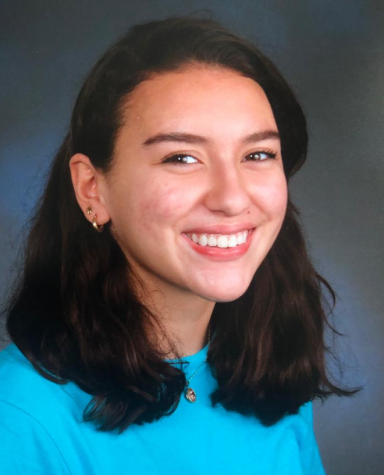
Angela Gil (’21) is a senior at Latin and is honored to be serving as The Forum’s Features Editor. She has written for The Forum...
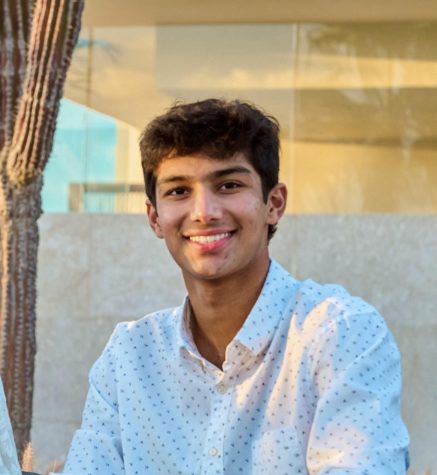
Armaan Shah (‘23) is a senior at Latin and is thrilled to be serving as an Editor-in-Chief of The Forum. He has covered a wide range of topics and encourages...






























